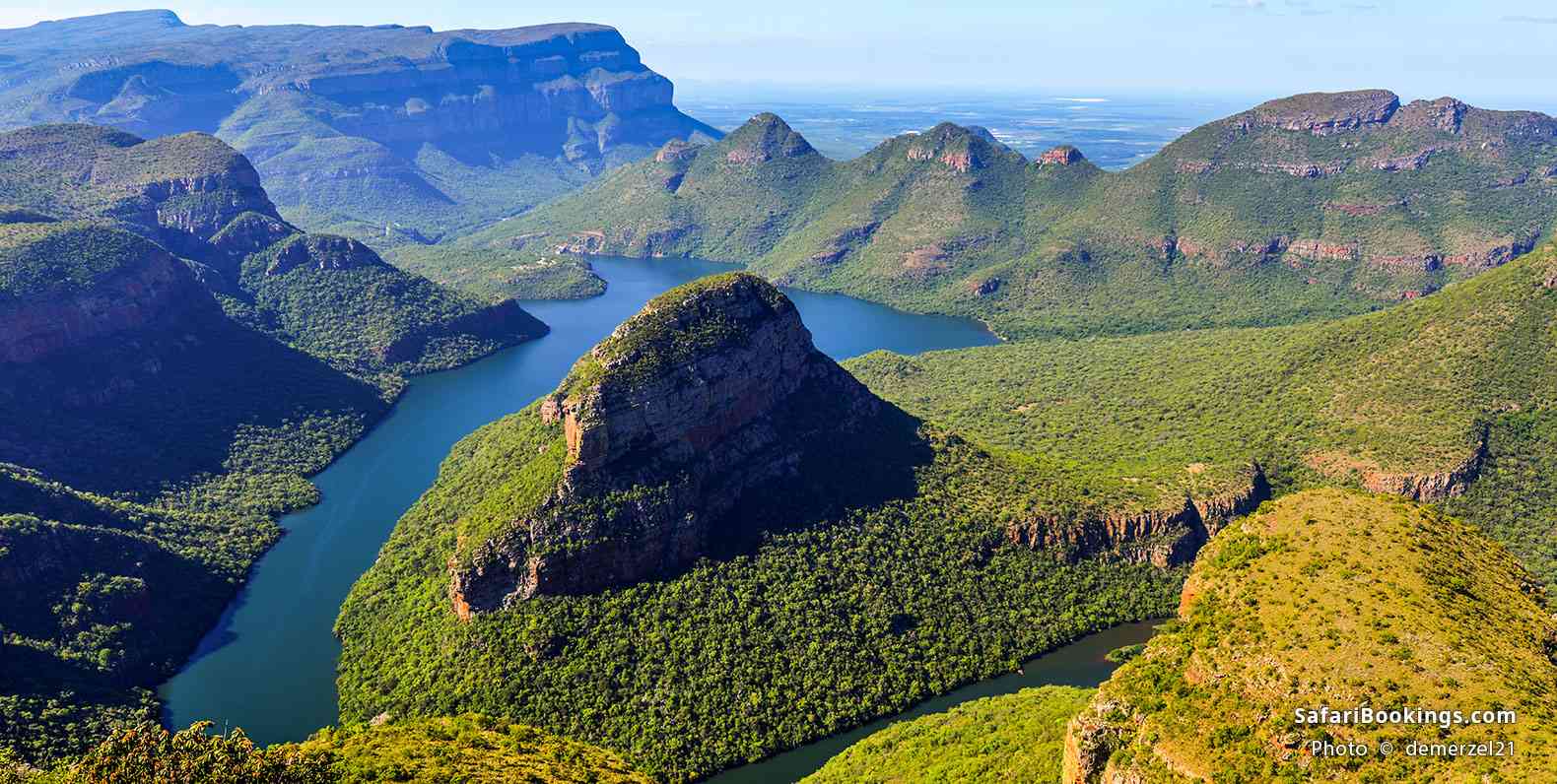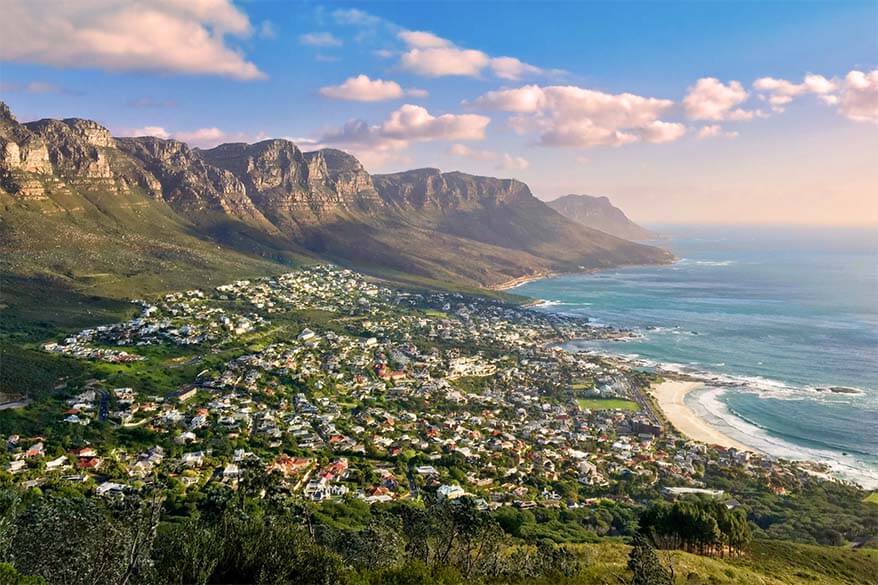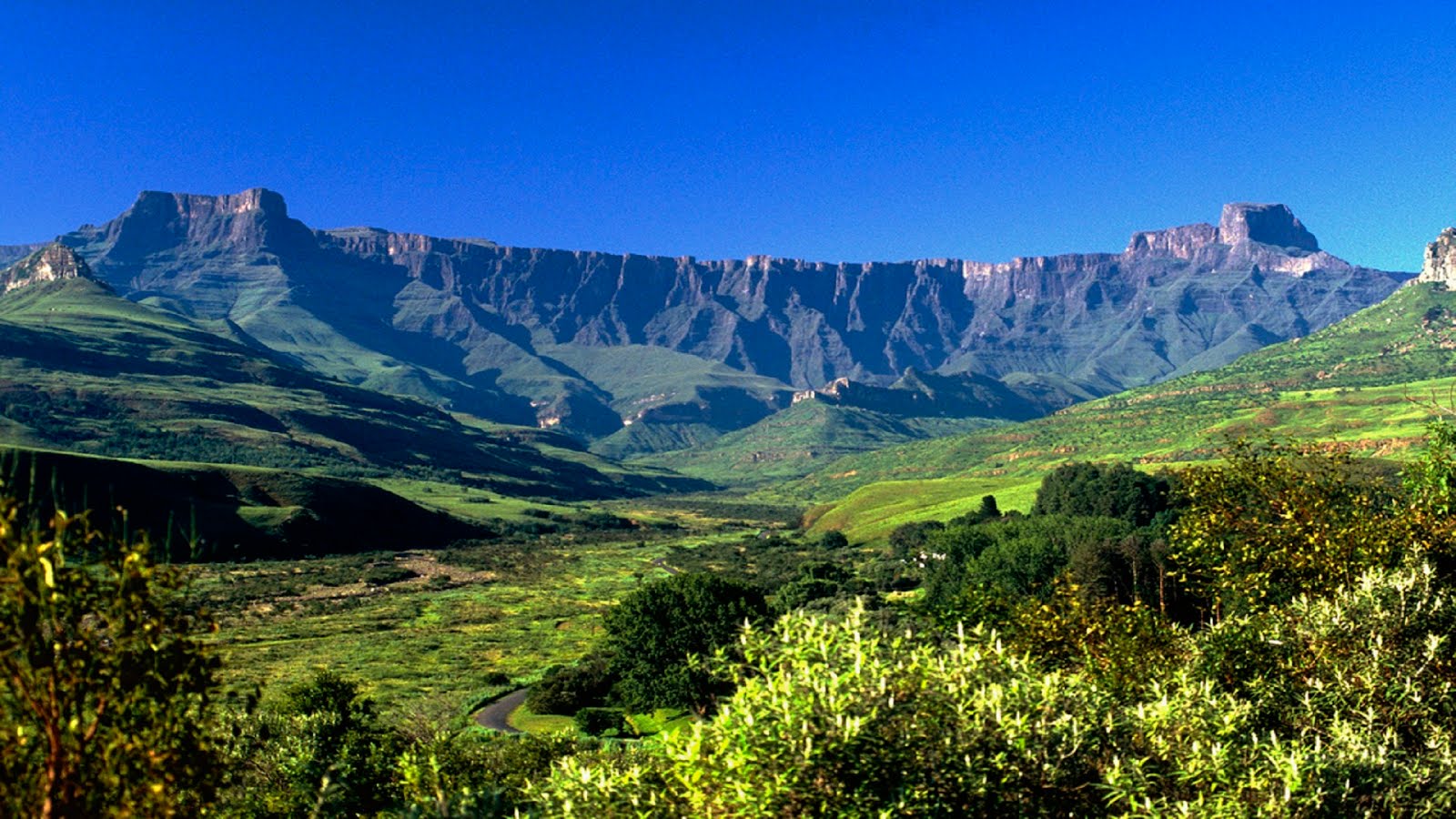
South Africa, a land of breathtaking landscapes, vibrant cultures, and a complex history, offers an unparalleled travel experience. From the dramatic peaks of the Drakensberg mountains to the sun-kissed beaches of KwaZulu-Natal, and from the bustling streets of Johannesburg to the serene vineyards of the Cape Winelands, South Africa is a country that captivates and inspires. This guide will delve into the top attractions, explore the nation’s history, provide essential travel tips, discuss accommodation and transportation options, and recommend the best time to visit this captivating corner of the world.
Top Attractions: A Tapestry of Experiences
South Africa boasts a diverse array of attractions that cater to every kind of traveler. Here are some of the must-see destinations:

Related Articles about Unveiling South Africa: A Journey Through History, Nature, and Culture:
- Beyond the Hallyu Wave: A Comprehensive Guide to Experiencing the Magic of South Korea
- Vietnam’s Enchanting Embrace: A Journey Through its Best Hotels and Unforgettable Experiences
- Paris: A Timeless Guide to the City of Lights
- The Unyielding Pulse of the Metropolis: Your Ultimate Guide to New York City
- Indonesia: An Archipelago of Enchantment – Your Ultimate Guide to an Unforgettable Adventure
-
Kruger National Park: Arguably the most famous attraction, Kruger National Park is a world-renowned wildlife sanctuary. Spanning nearly 2 million hectares, it’s home to the "Big Five" (lion, leopard, elephant, rhino, and buffalo), as well as a vast array of other mammals, birds, reptiles, and insects. Visitors can experience the park through self-drive safaris, guided game drives, walking tours, and even hot air balloon rides. The diverse landscapes, from mopane woodlands to riverine forests, add to the park’s allure.
-
Cape Town and Table Mountain: The "Mother City," Cape Town, is a vibrant metropolis nestled beneath the iconic Table Mountain. A ride on the revolving cable car to the summit offers panoramic views of the city, the Atlantic Ocean, and the surrounding mountain ranges. Explore the colorful Bo-Kaap neighborhood, stroll along the V&A Waterfront, visit Robben Island (where Nelson Mandela was imprisoned), and relax on the beautiful beaches of Camps Bay and Clifton.
-
The Garden Route: This scenic coastal drive stretches for approximately 300 kilometers along the south-eastern coast, from Mossel Bay to Storms River. The Garden Route is a paradise for nature lovers, with lush forests, pristine beaches, dramatic cliffs, and charming towns like Knysna, Plettenberg Bay, and Wilderness. Activities include hiking, whale watching, bungee jumping, and exploring the Tsitsikamma National Park.

-
Drakensberg Mountains: The "Dragon Mountains" offer breathtaking scenery and a wealth of outdoor activities. Towering basalt peaks, deep valleys, and cascading waterfalls characterize this UNESCO World Heritage Site. Hiking trails abound, ranging from gentle strolls to challenging multi-day treks. The Drakensberg is also home to significant San rock art sites, providing a glimpse into the region’s ancient history.
-
Johannesburg and Soweto: Johannesburg, South Africa’s largest city, is a dynamic hub of commerce, culture, and history. Explore the Apartheid Museum, which offers a poignant look at the country’s turbulent past. Visit Constitution Hill, a former prison complex that housed political prisoners, including Nelson Mandela and Mahatma Gandhi. Take a tour of Soweto, a vibrant township that played a crucial role in the anti-apartheid movement.
-
The Cape Winelands: Just a short drive from Cape Town, the Cape Winelands is a picturesque region dotted with vineyards, charming towns, and historic estates. Stellenbosch, Franschhoek, and Paarl are the main centers, offering wine tastings, cellar tours, and gourmet dining experiences. The stunning scenery, characterized by rolling hills and mountains, adds to the region’s appeal.
-
Robben Island: A UNESCO World Heritage Site, Robben Island served as a prison for political prisoners during the apartheid era, most notably Nelson Mandela. A visit to the island offers a powerful and moving experience, providing insights into the struggle for freedom and equality. Tours are led by former political prisoners, adding a personal and poignant dimension to the experience.
-
iSimangaliso Wetland Park: Another UNESCO World Heritage Site, iSimangaliso Wetland Park is a diverse ecosystem encompassing lakes, estuaries, beaches, coral reefs, and coastal forests. The park is home to a wide variety of wildlife, including hippos, crocodiles, elephants, leopards, and numerous bird species. Activities include game drives, boat tours, snorkeling, and diving.
-
Blyde River Canyon: The third-largest canyon in the world, Blyde River Canyon, offers stunning views of dramatic rock formations, lush vegetation, and the Blyde River winding through the landscape. The "Three Rondavels," three distinctive cylindrical rock formations, are a particularly iconic sight. The canyon is part of the Panorama Route, a scenic drive that also includes God’s Window and Bourke’s Luck Potholes.
-
Durban: This vibrant coastal city is known for its warm climate, beautiful beaches, and rich Indian heritage. Explore the Golden Mile, a beachfront promenade lined with restaurants, shops, and entertainment venues. Visit the Durban Botanic Gardens, one of the oldest botanical gardens in Africa. Sample the city’s famous bunny chow, a curry-filled loaf of bread.
A Glimpse into South Africa’s History:
South Africa’s history is complex and often turbulent. The country’s story encompasses:
- Early Inhabitants: The Khoisan people were the original inhabitants of the region, followed by Bantu-speaking groups who migrated from the north.
- Colonial Era: European colonization began in the 17th century with the arrival of the Dutch East India Company. The British later gained control, leading to conflicts with the Boers (descendants of the Dutch settlers).
- Apartheid: A system of racial segregation and discrimination was implemented in 1948, denying black South Africans basic rights and freedoms. The anti-apartheid movement, led by figures like Nelson Mandela, eventually brought about the end of apartheid in 1994.
- Post-Apartheid Era: South Africa transitioned to a multiracial democracy, with Nelson Mandela becoming the country’s first black president. The country continues to grapple with the legacy of apartheid, addressing issues of inequality and reconciliation.
Essential Travel Tips:
- Safety: Be aware of your surroundings and take precautions against petty theft. Avoid walking alone at night in unfamiliar areas.
- Health: Consult your doctor about necessary vaccinations and malaria precautions. Drink bottled water and be mindful of sun exposure.
- Currency: The South African Rand (ZAR) is the local currency. Credit cards are widely accepted in urban areas.
- Language: South Africa has 11 official languages, including Afrikaans, English, Xhosa, and Zulu. English is widely spoken in tourist areas.
- Tipping: Tipping is customary in South Africa. Tip around 10-15% for good service in restaurants and for other services.
- Driving: Driving is on the left-hand side of the road. Consider renting a car to explore the country at your own pace.
- Respect Local Customs: Be respectful of local customs and traditions. Dress modestly when visiting religious sites.
- Learn a Few Phrases: Learning a few basic phrases in the local languages will be appreciated by locals.
- Bargaining: Bargaining is generally not expected in most shops, but it may be acceptable in markets.
Accommodation Options:
South Africa offers a wide range of accommodation options to suit all budgets and preferences:
- Hotels: From luxury hotels to budget-friendly options, you’ll find a variety of hotels in major cities and tourist destinations.
- Guesthouses and Bed & Breakfasts: Guesthouses and B&Bs offer a more intimate and personalized experience.
- Self-Catering Apartments: Self-catering apartments are a good option for families or those who prefer to cook their own meals.
- Backpacker Hostels: Hostels are a budget-friendly option for backpackers and solo travelers.
- Game Lodges: Game lodges offer a luxurious and immersive wildlife experience in Kruger National Park and other game reserves.
- Camping: Camping is a popular option for those who want to experience the outdoors. Campsites are available in national parks and other scenic areas.
Transportation:
- Flights: South Africa has a well-developed domestic flight network, making it easy to travel between major cities.
- Car Rental: Renting a car is a popular option for exploring the country at your own pace.
- Buses: Intercity buses are a reliable and affordable way to travel between cities.
- Trains: Train travel is a scenic but slower option.
- Taxis and Ride-Sharing Services: Taxis and ride-sharing services are available in major cities.
- Minibus Taxis: Minibus taxis are a common form of transport in townships and urban areas, but they can be crowded and less safe than other options.
Best Time to Visit:
The best time to visit South Africa depends on your interests and the regions you plan to visit:
- Summer (November to March): This is the best time for beach holidays and exploring the Cape Winelands. The weather is warm and sunny, but it can also be crowded and more expensive.
- Autumn (April to May): This is a good time to visit the Garden Route and the Drakensberg Mountains. The weather is mild and pleasant, and the crowds are smaller.
- Winter (June to August): This is the best time for wildlife viewing in Kruger National Park, as the vegetation is sparse and animals are easier to spot. The weather is dry and sunny, but it can be cold at night.
- Spring (September to October): This is a good time to visit the Cape wildflowers and enjoy the mild weather.
Conclusion:
South Africa is a land of contrasts, offering a diverse and unforgettable travel experience. From its stunning natural beauty and abundant wildlife to its rich history and vibrant culture, South Africa has something to offer every traveler. By planning your trip carefully, being mindful of safety, and respecting local customs, you can have an incredible adventure in this captivating country. So, pack your bags, embrace the spirit of Ubuntu (humanity towards others), and prepare to be amazed by the beauty and wonder of South Africa.





